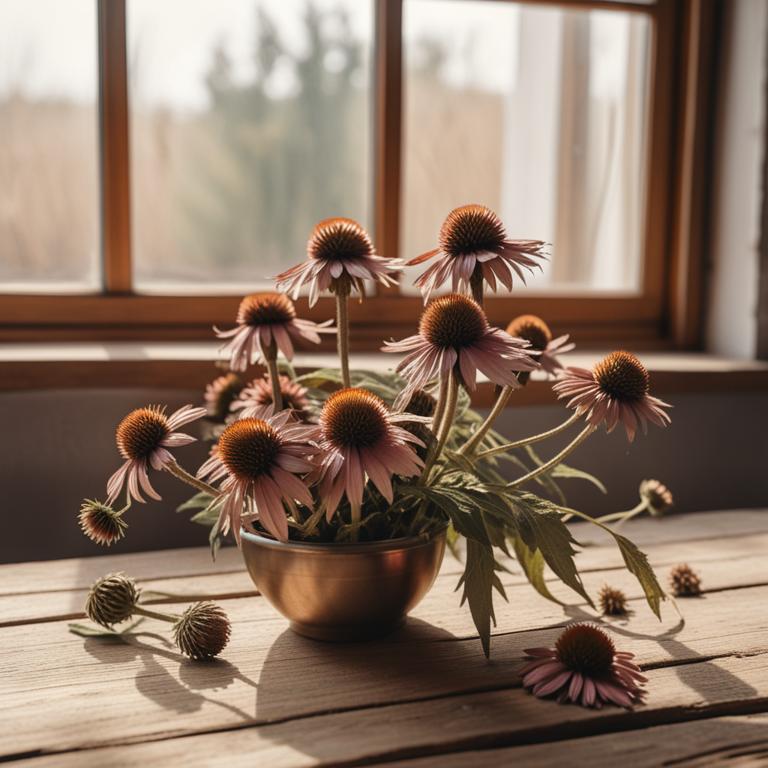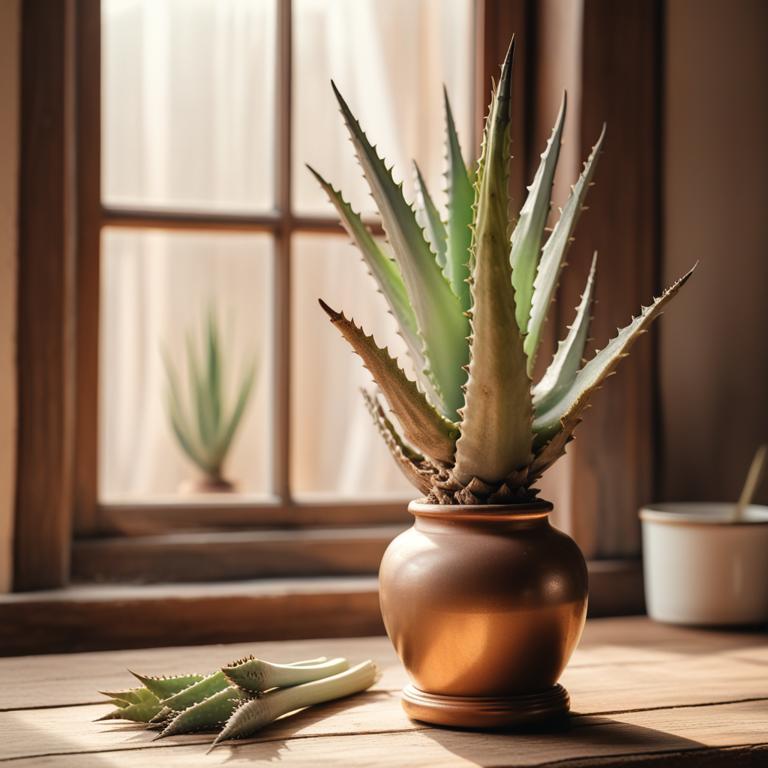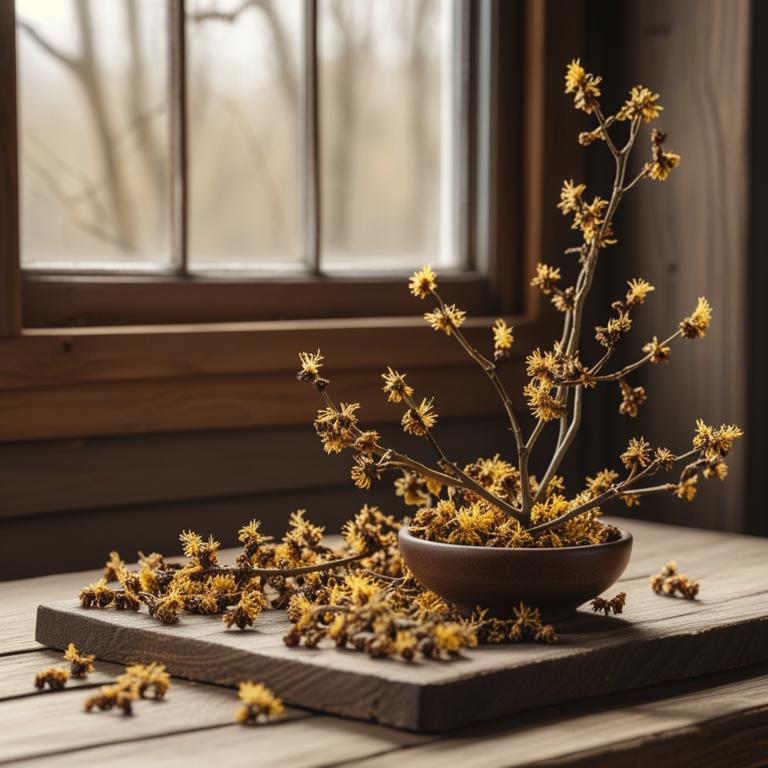Updated: Dec 1, 2024
Causes and Treatments for Itchy Scalp Using Medicinal Herbs
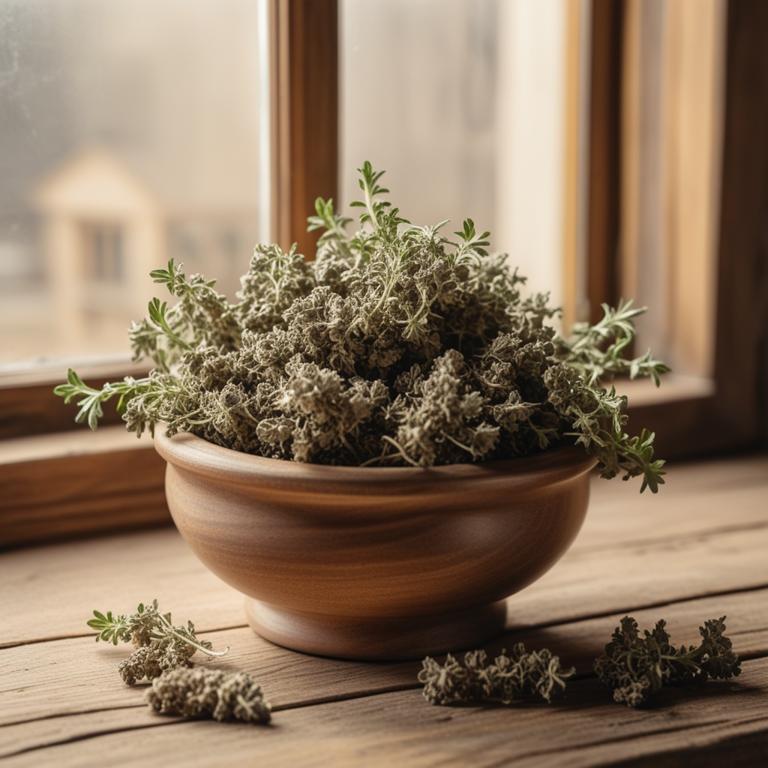
An itchy scalp can be a real nuisance, making it hard to focus on daily activities and even affecting your self-confidence.
Itchy scalp, also known as seborrheic dermatitis or dandruff, is a common condition characterized by redness, flaking, and itching on the scalp. The causes of an itchy scalp can be varied, including dry skin, sensitivity to hair products, or fungal infections like ringworm. To address the issue, some people turn to herbal remedies. Certain herbs, such as tea tree oil, have natural antifungal and antibacterial properties that can help combat infections and soothe the scalp.
Calendula and aloe vera are also known for their anti-inflammatory and moisturizing properties, which can help calm the skin and reduce itching. These herbs can be used in various preparations, such as teas, shampoos, or even topical creams. One way to use herbal remedies for an itchy scalp is to make a tea from dried herbs like calendula or aloe vera. Steeping the herbs in hot water and then applying the cooled liquid to the scalp may help calm the skin and reduce itching.
Shampoos and creams containing these herbs can also be used, either on their own or as part of a regular scalp care routine.
Table of Contents
What are the underlying causes of an itchy scalp?
The main causes of itchy scalp are related to skin conditions and other factors that can irritate the scalp.
Dandruff is a common cause, caused by a fungus that grows on the scalp, leading to flakes and itchiness. Eczema, a condition that makes the skin itchy and inflamed, can also cause itchy scalp. Psoriasis, another skin condition, can cause red, scaly patches on the scalp, leading to itchiness.
Seborrheic dermatitis, a condition that causes redness and flaking on the scalp, is also a common cause of itchy scalp. Lice, tiny parasites that live on human hair, can cause intense itchiness on the scalp. Fungal infections, such as ringworm, can also cause itchy scalp by causing inflammation and irritation on the scalp.
These conditions can be triggered by a combination of factors, including genetics, hormonal changes, and environmental factors, such as stress and certain foods.
What are the benefits of utilizing herbs for the treatment of an itchy scalp?
Using herbs for an itchy scalp can be really helpful.
They can soothe and calm the skin, reducing inflammation and redness. The herbs can also help to balance the natural pH of the scalp, which can become unbalanced due to dandruff, eczema, or other conditions. This balance can prevent irritation and itching.
Some herbs have anti-fungal properties, which can help to get rid of fungal infections that can cause itching. Others have anti-inflammatory properties, which can reduce swelling and discomfort. Regular use of herbal remedies can also help to strengthen the scalp and promote healthy hair growth. Additionally, many herbs are natural and gentle, making them a great alternative to harsh chemicals found in some medicated shampoos.
They can be used in various forms, such as teas, oils, or powders, and can be easily incorporated into your daily routine.
What are the main medical plants for itchy scalp?
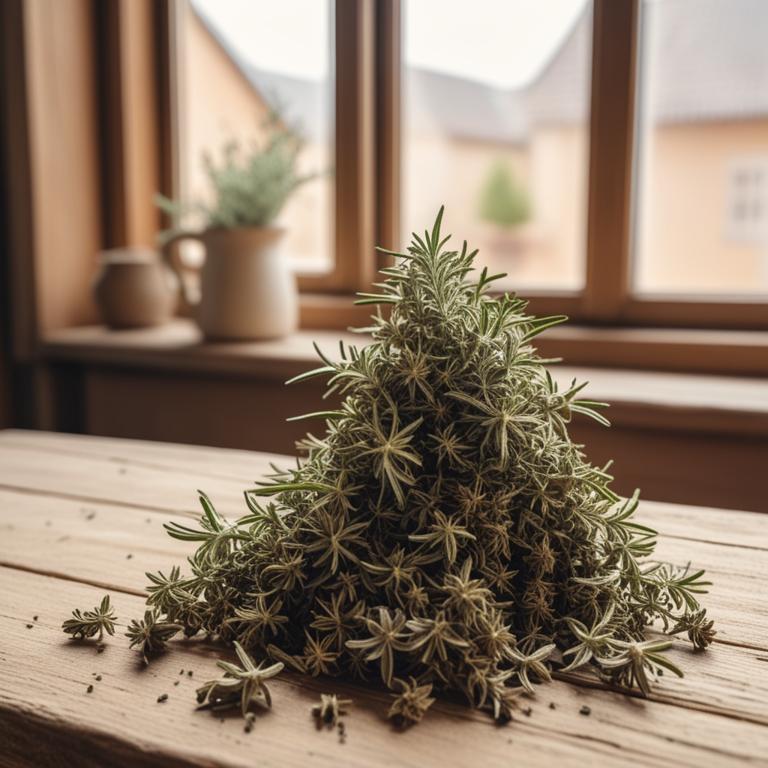
If you're dealing with an itchy scalp, there are some amazing herbs that can help.
Rosmarinus officinalis, also known as rosemary, is a great one to try. Its antifungal properties help fight off the fungus that can cause itchiness. This means rosemary can help reduce irritation and inflammation on your scalp. Another herb that's super effective is Melaleuca alternifolia, or tea tree oil. It's got powerful antiseptic properties that can kill off bacteria and fungi that can cause itchiness. When applied to the scalp, tea tree oil can help soothe and calm irritation. Urtica dioica, or stinging nettle, is another herb that's great for itchy scalps.
It's got anti-inflammatory properties that can help reduce swelling and redness on the scalp. This can make you feel more comfortable and relaxed. Aloe barbadensis is a soothing herb that can help calm an itchy scalp. Its anti-inflammatory properties can help reduce swelling and redness, while its cooling effect can provide quick relief. Finally, Cymbopogon citratus, or lemongrass, is a herb that's often used to soothe itchy scalps. Its anti-inflammatory properties can help reduce swelling and redness, while its calming effect can help you relax. These herbs can be used in different ways - you can apply them directly to your scalp, add them to your shampoo, or even make a tea to drink.
By incorporating one or more of these herbs into your skincare routine, you may be able to find relief from an itchy scalp.
What herbal remedies are typically used for an itchy scalp?
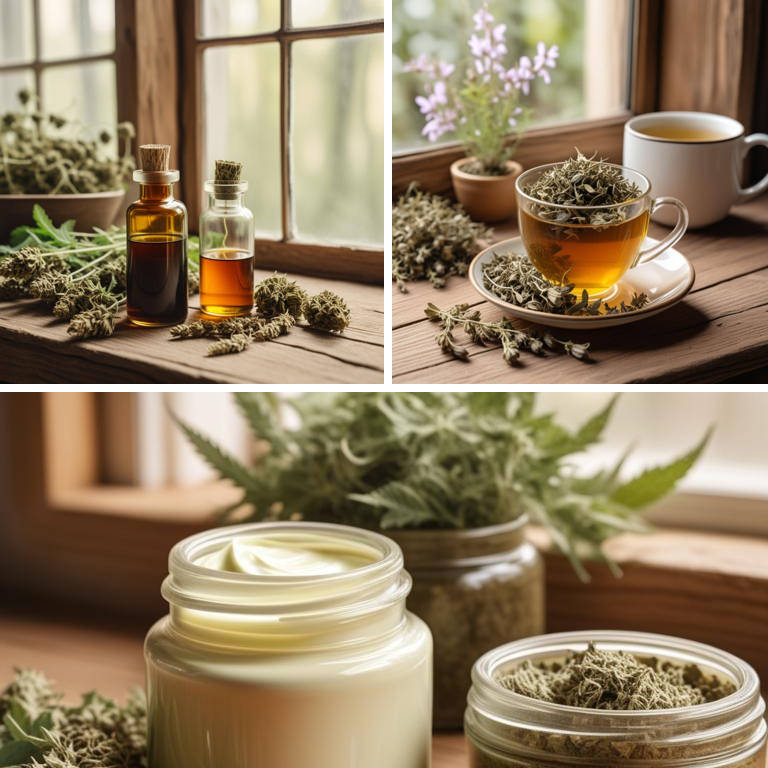
Herbal preparations can be super helpful for an itchy scalp.
A Decoction Shampoo is a great option because it's made by boiling herbs in water, which helps to release their active ingredients. This process makes the herbs more potent and easier to apply directly to the scalp. The soothing properties of the herbs can calm the itchiness and reduce inflammation. If you prefer to take herbs internally, a Capsule Oil is a good choice. It contains the oil extracted from herbs that are known to soothe the scalp, and taking it as a capsule can help to reduce inflammation from the inside out. The herbs in the oil can also help to nourish the scalp and promote healthy hair growth.
For a more targeted approach, a Tincture Spray can be applied directly to the itchy area. Tinctures are made by soaking herbs in a solvent like vodka or glycerin, which helps to extract their active ingredients. The spray can be easily applied to the scalp, and the tincture can quickly start to work its magic to calm the itchiness. Another option is a Tea Rinse, which is made by steeping herbs in hot water and then using the resulting liquid as a final rinse after shampooing. The tea can help to cool and soothe the scalp, reducing the itchiness and promoting healthy hair growth. Finally, a Cream Mask can be applied to the scalp to provide a thick layer of soothing herbs.
The cream can help to lock in moisture and reduce inflammation, making it a great option for itchy scalps that are also dry or flaky.
Additional Resources:
Which herbs should be avoided if you have an itchy scalp?
If you have an itchy scalp, it's a good idea to avoid using herbs that can make it worse.
Ginkgo biloba, for example, can cause skin irritation and allergic reactions, including itchy skin. This is because it contains compounds that can trigger an immune response, leading to redness and discomfort on the scalp.
Calendula officinalis, on the other hand, may seem like a soothing herb, but in large quantities, it can be too harsh for some people's scalps, causing irritation and itchiness. Thymus vulgaris, or thyme, contains oils that can be overpowering and drying to the scalp, exacerbating itchiness and flakiness. Eucalyptus globulus is another herb to be cautious with, as its strong aroma and oils can irritate the scalp and make itchiness worse.
Hydrastis canadensis, or goldenseal, contains compounds that can be toxic in high amounts and may cause skin irritation, including itchy scalp, if not used carefully.
FAQ
Are there any specific herbs that can prevent itchy scalp?
Tea tree oil is known to help with itchy scalp due to its antifungal and antibacterial properties.
It can help control conditions like dandruff and eczema.
Some people also find that neem oil and aloe vera gel provide relief from an itchy scalp by soothing and calming the skin.
Is it safe to use herbal remedies for itchy scalp during pregnancy?
During pregnancy, it's best to be cautious with herbal remedies for an itchy scalp.
Some herbs can cause allergic reactions or interact with other substances. If you're considering using herbal remedies, make sure to check the ingredients and follow the instructions carefully.
Look for products that are specifically labeled as safe for pregnant women.
Are there any herbs that can reduce the frequency of itchy scalp?
Some herbs like neem, aloe vera, and tea tree oil may help soothe an itchy scalp.
Neem has anti-inflammatory properties, while aloe vera calms irritation. Tea tree oil's antifungal properties can prevent fungal infections that cause itchiness.
These herbs can be used in shampoos, conditioners, or applied directly to the scalp.
Related Articles
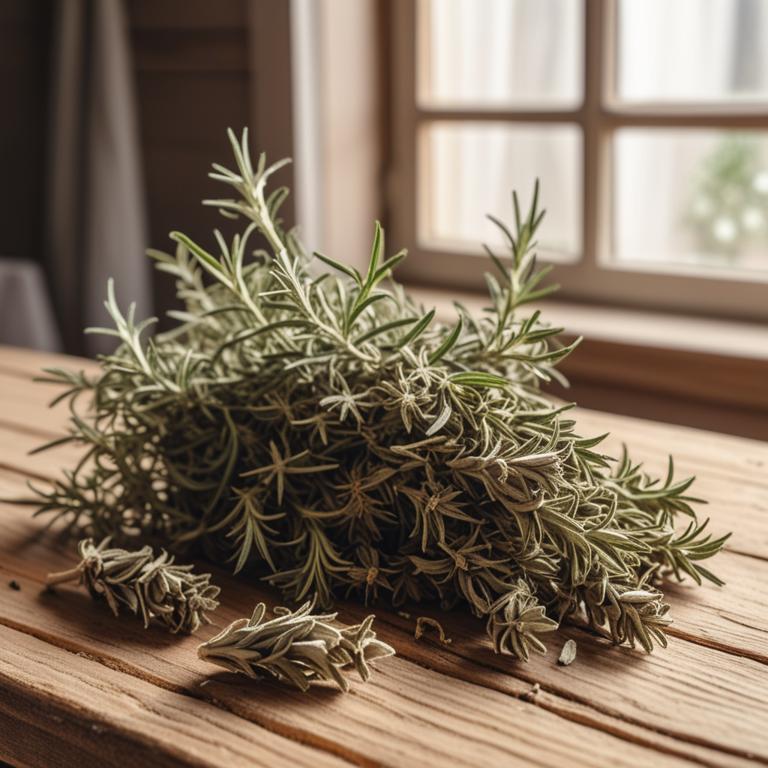
Dry Hair: Causes, Medicinal Herbs, and Herbal Preparations for Healthy Locks
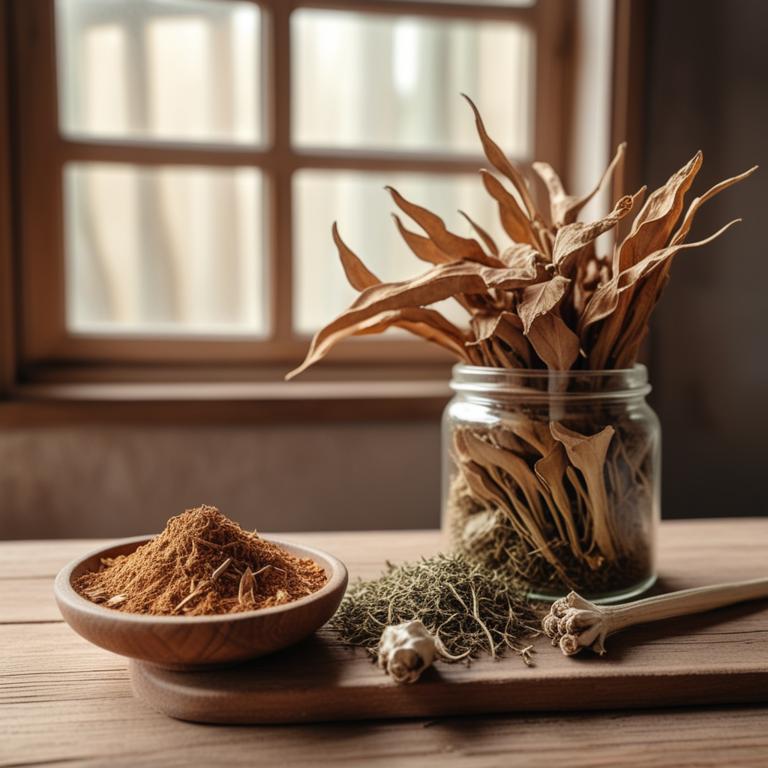
Cold Sore: Understanding Causes, Medicinal Herbs, and Natural Remedies for Relief
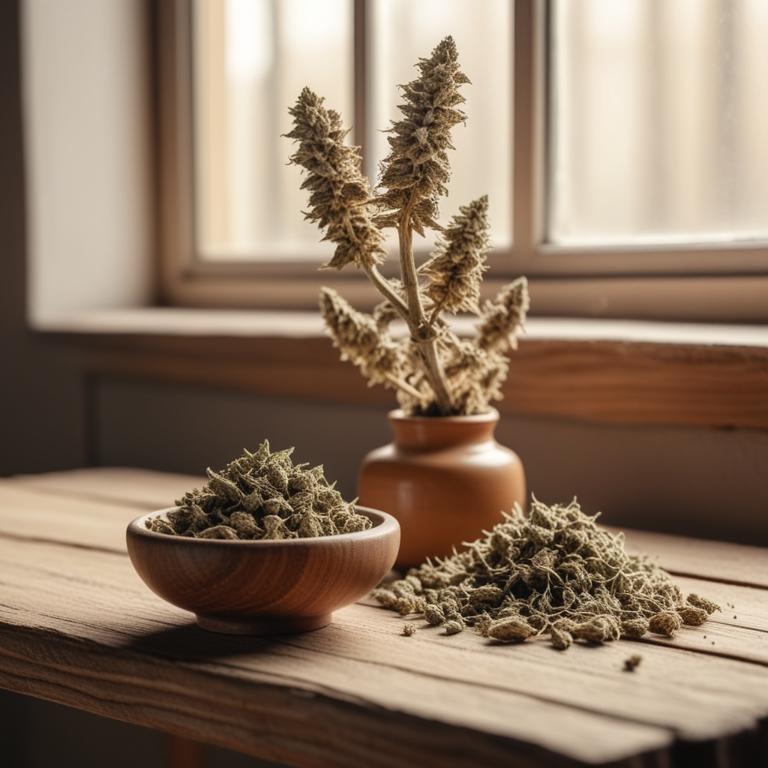
Dry Scalp and Herbal Remedies: Understanding Causes and Treatment Options
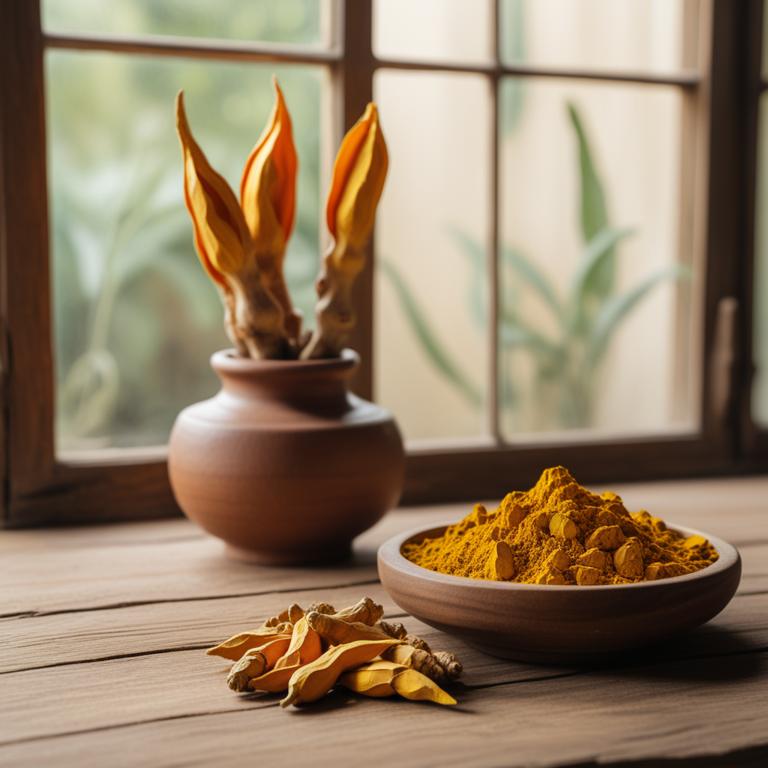
Bleeding Gums: Causes, Medicinal Herbs, and Natural Remedies for Relief
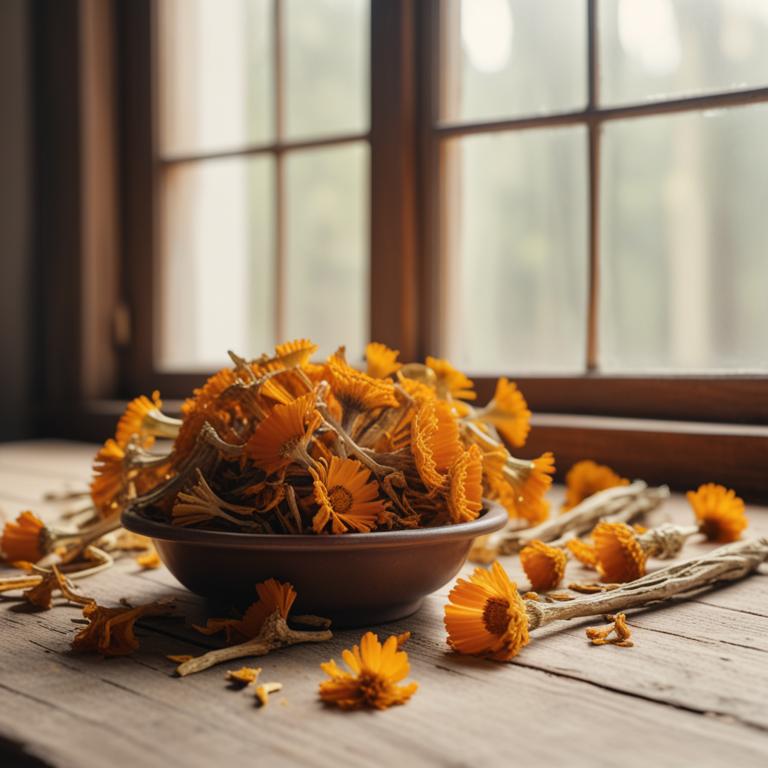
Itchy Ears: Causes and Homeopathic Solutions Using Medicinal Herbs
